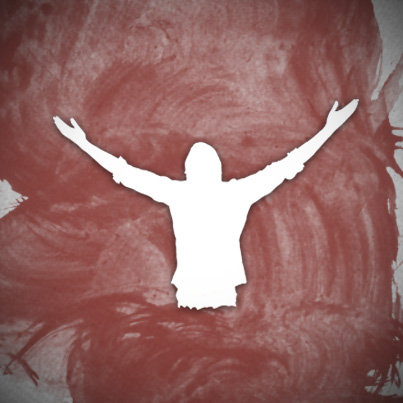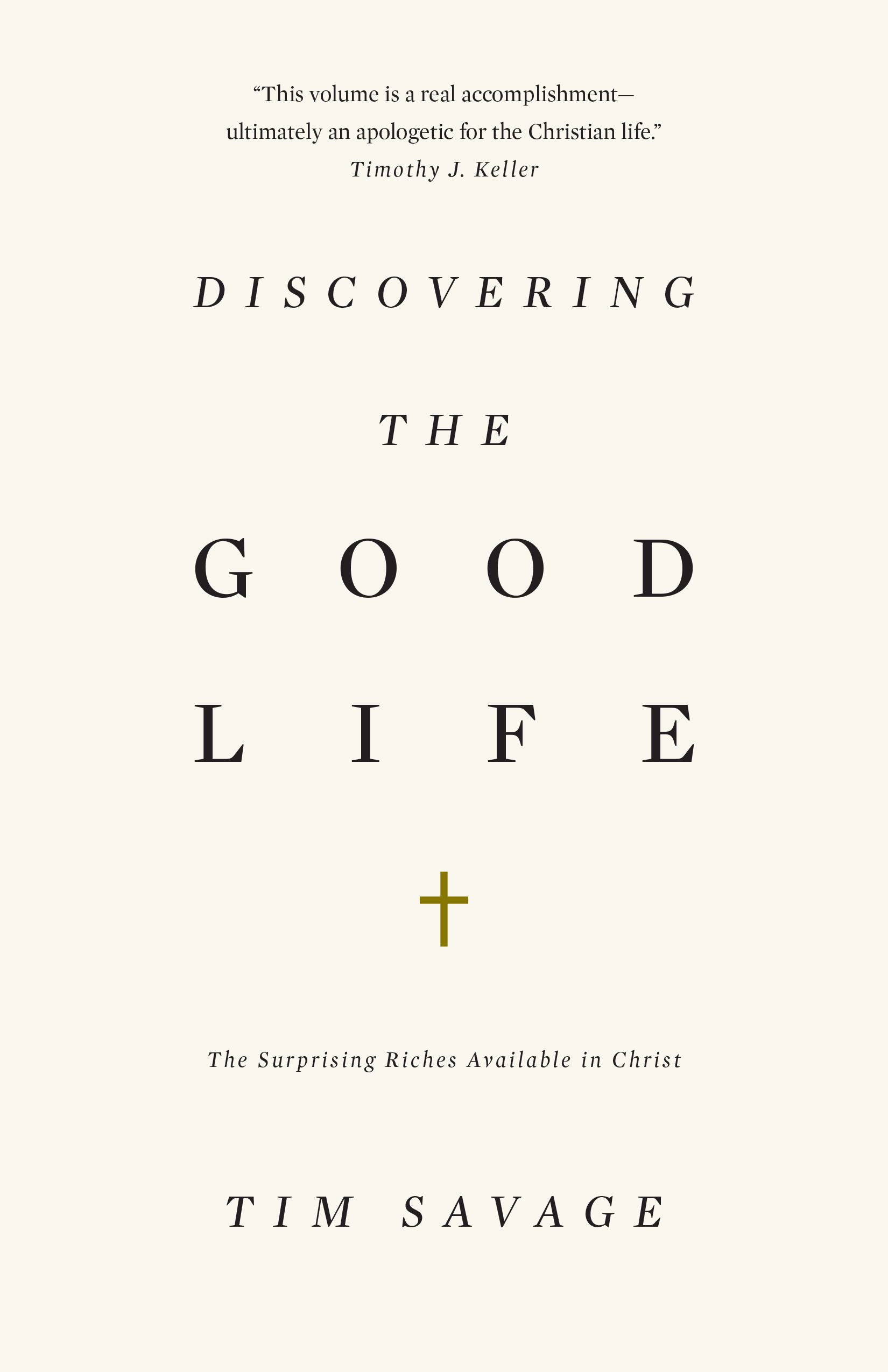Christian Beginnings of America’s First Universities
 Our son, Jonathan, graduated last June with a master’s degree from arguably the most beautiful of the Ivy League schools, Dartmouth College, tucked away in the forests of rolling New Hampshire, in the charming New England town of Hanover.
Our son, Jonathan, graduated last June with a master’s degree from arguably the most beautiful of the Ivy League schools, Dartmouth College, tucked away in the forests of rolling New Hampshire, in the charming New England town of Hanover.
Like so many of our earliest universities, Dartmouth was founded by a Puritan pastor in order to educate men for Christian ministry. In particular, it was the express purpose of Eleazar Wheelock to train Native Americans to be missionaries to other indigenous peoples in North America, a purpose enshrined in Dartmouth’s charter of 1769:
‘Know ye therefore that we [will] encourage the laudable . . . design of spreading Christian knowledge among the Savages of our American Wilderness . . . [and therefore] . . . do . . . ordain, grant, and constitute that there be a College erected in our said Province of New Hampshire by the name of Dartmouth College for the education and instruction of the Youth of the Indian Tribes . . . in reading, writing and all parts of Learning which shall appear necessary for civilizing and christianizing Children of Pagans.’
While the wording sounds awkward to modern ears, Wheelock’s purpose was laudable, and inspired by his friendship with a Mohegan Indian by the name of Samson Occom, a direct descendent of Uncas, the famous Mohegan chief.
At the age of twenty, Occom was able to sit under to the foremost preachers of the Great Awakening – George Whitefield, Jonathan Edwards, and John Wesley – and, as a result, gave his heart and life to Jesus Christ.
Not long afterwards, Occom asked Eleazar Wheelock to disciple him in his new-found faith. Immediately, Wheelock recognized the profound spiritual transformation of his protégé’s heart and dreamed of founding a college where more Indians could be shepherded in Christ.
Wheelock dispatched Occom to England to raise money for the college, where a large grant was secured from the second Earl of Dartmouth, whose name now adorns the college.
But what begins with noble, God-honoring aspirations doesn’t always end that way. Next blog . . . a portrait of disappointment.


Add your voice to the conversation: